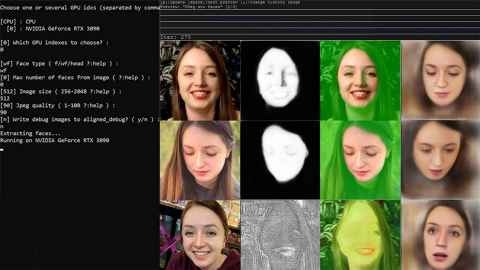Documentary filmmaker Annie Goldson, a professor of communication at the University of Auckland, is this year’s ‘Doc Edge Superhero’. She lists some titles she’ll be checking out at the upcoming Doc Edge Film Festival (24 May to 9 July) and offers a sneak preview of her latest project.
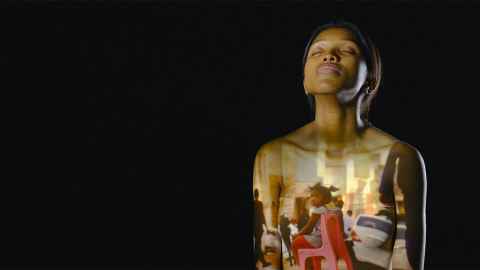
Annie Goldson knows, more than most, the effort involved in getting a documentary made, especially in a small industry with limited funding.
The filmmaker, a professor of communication at the University of Auckland, considers herself lucky to have had a rich career in Aotearoa with more than 12 films to her name, all of them award-winning.
Her best-known works include Punitive Damage, Georgie Girl, Brother Number One, Kim Dotcom: Caught in the Web and a Mild Touch of Cancer, for which she received a Best Editor award at the 2021 NZTV Awards. The film was also a nominee for NZ on Air Best Documentary and is still streaming on NEON.
Goldson’s latest film, Red Mole: A Romance, is a documentary feature about a radical theatre troupe of the 1970s.
“Red Mole had strong links to the University,” she says. “The troupe emerged from the English Department and from the Students’ Arts Association during the heady days of the counterculture.
“The film is a cultural and social history that is threaded through with a poignant personal journey. I filmed in Mexico, New York, Tāmaki Makaurau, Te Whanganui a Tara and Wanaka, and I’ve spent the last eight months or so editing it in every spare moment I’ve had.”
The film was supported by a Faculty Research Development Fund (FRDF) grant from the Faculty of Arts but has also qualified for finishing funds from the New Zealand Film Commission.
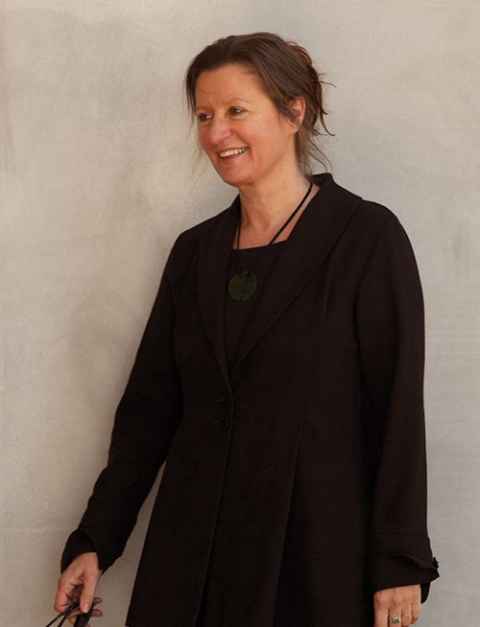
Doc Edge
Now in its 19th year the eatures 71 local and international films, 22 XR (extended reality) projects, and a photography exhibition at in-person venues in Auckland and Wellington, and as virtual streaming on the Doc Edge Virtual Cinema.
Goldson is thrilled to have been awarded the title of ‘Documentary Superhero’ by Doc Edge, an annual gong honouring those who have contributed significantly to the industry.
Festival director Alex Lee says the ‘superhero’ is recognised for the excellence of their work and the inspiration they give to many others in the industry.
“A documentary filmmaker chooses their calling because they feel called by the need to tell stories that will help inform others and create dialogue, which in turn facilitates social impact and change,” says Lee.
“Annie’s work is exemplary in its authenticity and humanity and shows New Zealand filmmakers the way to tell and the importance of universal storytelling. They are called not by the fame or the fortune but rather are driven by the necessity to bring these stories to the world.”
It’s always hard, Goldson says, to choose what to watch at Doc Edge as documentary is such a diverse and compelling genre and their programming so rich.
“Among other things, documentary allows us to hone our skills as diviners and distillers of truth-claims, which is more vital than ever in this era of fake news.”
She’s made her selection – of both national and international films – not just out of interest in watching a wide range, but also to find titles that would enrich her teaching.
“Currently, I teach a Stage 3 class, Documentary and Social Change, and several titles, including OHMS! and 20 Days, would be perfect titles to include in the curriculum. Other films would be excellent to discuss in a second Stage 3 course, ‘News and Journalism in the Digital Age’, which looks at transformations of news, and partially explores the rise of fake news and deep fakes.
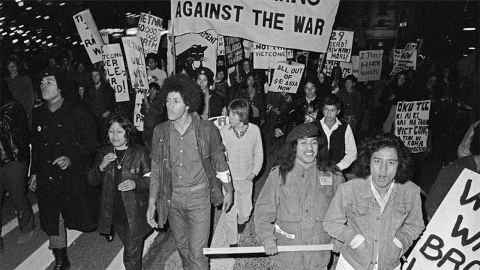
Annie Goldson’s top picks
There’re few things better than a bit of successful activism. This film, directed by New Zealander Anna Cottrell, offers an informative and inspiring history of the New Zealand student-led movement against compulsory military training during the Vietnam War. Present-day interviews provide an oral history and there’s a surprising amount of historical footage.
A confronting and serious glimpse into what it’s like being in a city under siege during the ongoing war in Ukraine. The director, Mstyslav Chernov, recently had an interview on RNZ that was inspiring despite the tough subject matter. Chernov sees it as his duty to document and share what is happening. A must-watch if you want to be informed about the conflict.
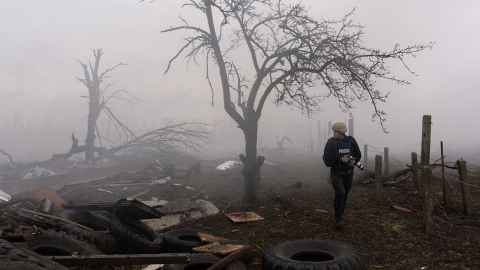
Deepfake pornography is a growing issue but can be hard for those without a strong amount of tech-literacy to understand. Due to the uniqueness of the subject, an engineering student looking for justice after deep-faked pornography is made of her without her consent, Another Body provides a solid grounding in the emotional trauma of having this done to you as well as how the technology works; and how hard it is to prevent in the first place or have someone held to account for it.
Following the success of her short documentary Water Baby, director Katherine McRae follows pregnant actor and free diver Sachiko Fukumoto as she talks to women from around the Pacific about traditional birthing knowledge and the connection between caring for the planet and nurturing parents and children.
Celeste Geer’s visually stunning film explores the impact of climate change on cultural heritage and traditions and features diverse voices including First Nations representatives, Indigenous leaders of Central Panama and Māori, including our own Dr Dan Hikuroa in Māori Studies. Through interviews with scientists, environmental activists and cultural leaders, Geer delivers an urgent plea to reconsider our actions and challenges the dominant narrative of selfishness and competition.
